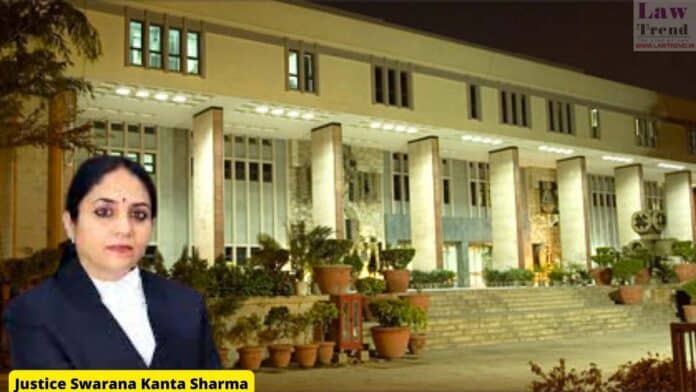In a landmark judgment, the Delhi High Court has firmly rejected the quashing of a rape FIR based on a monetary settlement between the accused and the complainant, emphasizing that such actions undermine the integrity of the criminal justice system. The case, presided over by Justice Swarana Kanta Sharma, involved serious allegations of sexual violence
To Read More Please Subscribe to VIP Membership for Unlimited Access to All the Articles, Download Available Copies of Judgments/Order, Acess to Central/State Bare Acts, Advertisement Free Content, Access to More than 4000 Legal Drafts( Readymade Editable Formats of Suits, Petitions, Writs, Legal Notices, Divorce Petitions, 138 Notices, Bail Applications etc.) in Hindi and English.




